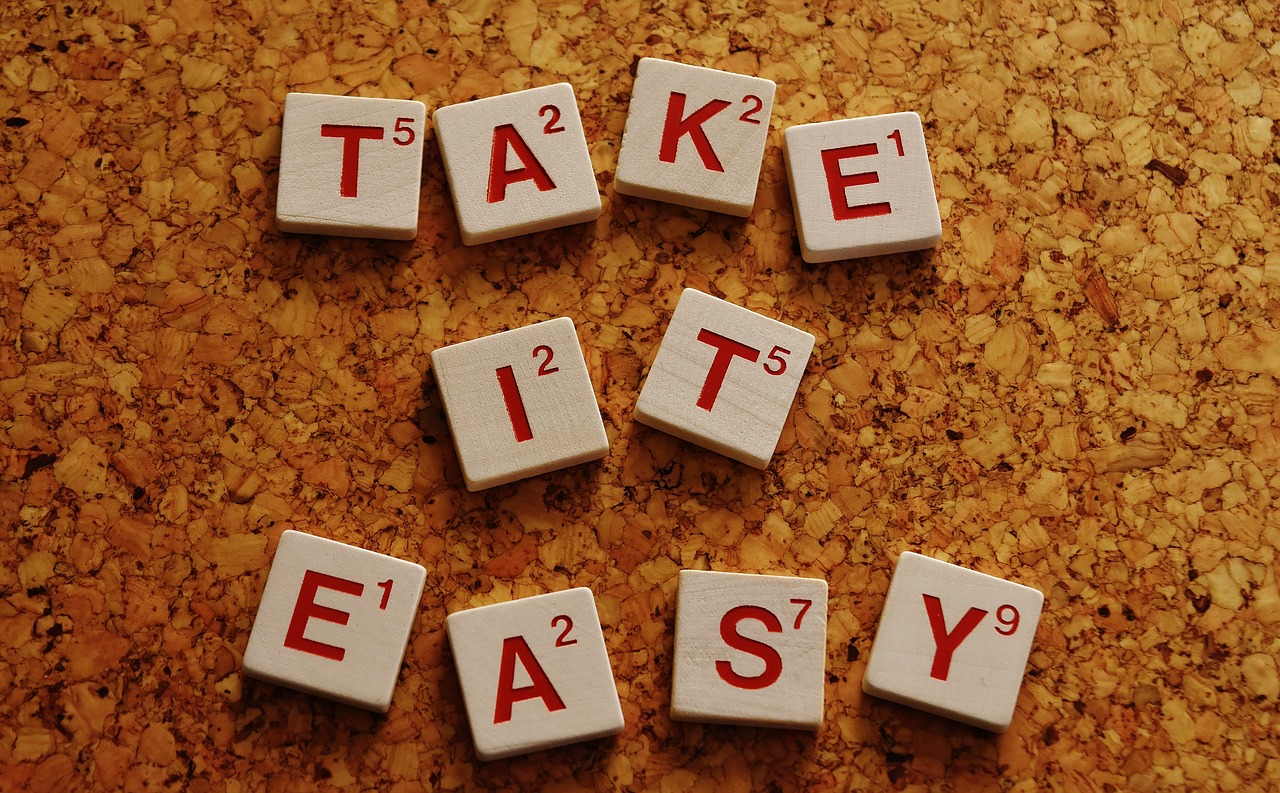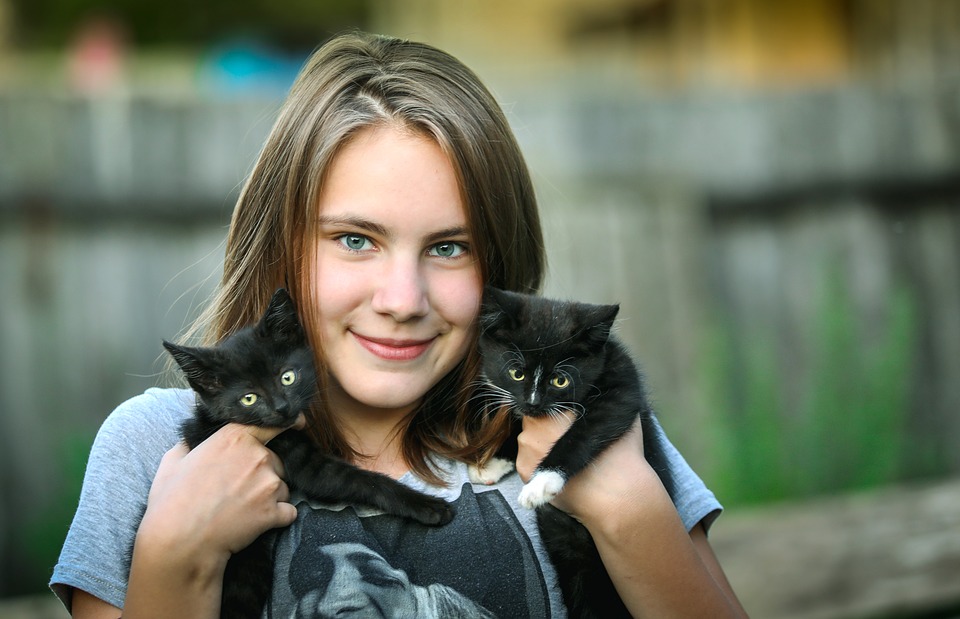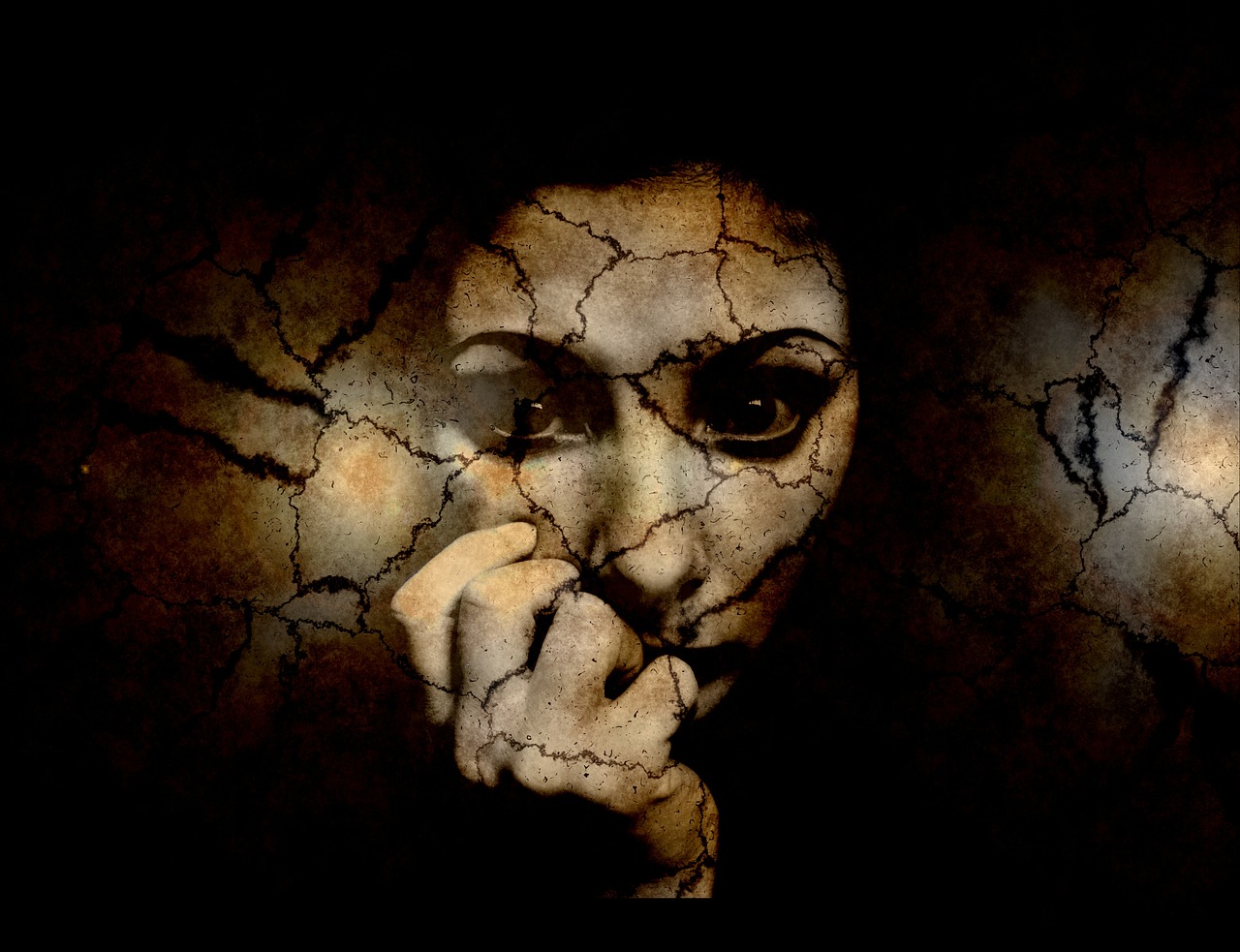Tragedy to Triumph: My Story of Childhood Sexual Abuse
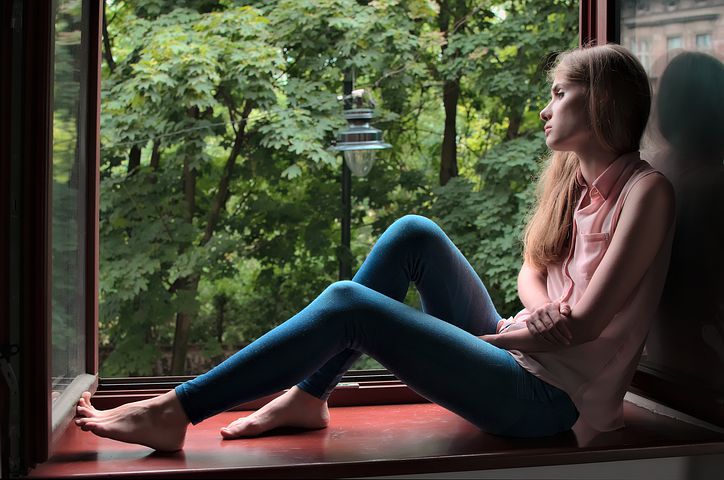
This personal account contains some graphic information which may be triggering for some readers.
Note: Shared by an anonymous “My Story” contributor.
Even though post-traumatic stress disorder, or PTSD, is more widely recognized today than ever before, there’s an unfortunate stigma that has been created in the recognition.
While members of the military are more likely to be exposed to a traumatic event, there are people all over the world that have no connection to the military who are also exposed to one or more traumatic events within their lifetime.
A traumatic event can be everything from a devastating car accident to losing a family member. And, unfortunately, many cases of non-military PTSD are due to cases of abuse.
To understand how the symptoms of PTSD have affected my life, and how they can be mistaken for other forms of mental illness, you should first know my story…

I grew up in Southern California until I was 11. I don’t remember much about living there as I was so young, but I remember when I was 10 that my dad was transferred to a new location that the company he worked for was opening in Las Vegas.
It was difficult with my dad living in Vegas in his company-provided apartment and only visiting on weekends. Sometimes we would visit him. Eventually, though, the move was official as our house in California was sold.
The first day we arrived in Las Vegas with a U-Haul and a Suburban packed full of our old life in California, we met the security guard for the apartment complex we were moving into.
He quickly became a family friend and soon he was babysitting me, my brother, and my sister. This soon led to a relationship that was more than inappropriate. As was inevitable, I was molested. Then raped.
Then I was coerced into what seemed like a normal friendship from the outside but was very, very wrong. My silence was coerced as well. As a security guard, he was armed.
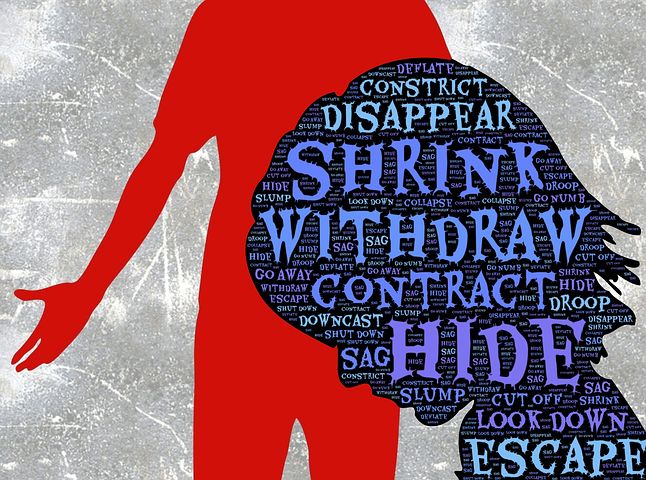
I was often sat down at his dining room table to watch him cleaning his 9mm while being told what would happen to my family should I say anything.
Fortunately, I was able to leave this situation but not before 10 years had taken my childhood from me. Yes… 10 years. While I was convinced that simply walking away would give me a normal life, it wasn’t that simple.
Before Diagnosis
I was 20 years old before I finally had the strength to walk away from what had become my personal form of a normal life. What gave me the strength was graduating from high school and then attending the University of Nevada, Las Vegas.
While in high school I was able to play the loner who always sat alone in the cafeteria or courtyard, that was difficult to do as a college student. I began to realize just how different my life was from everyone else’s that was around my age.
I struggled through school where I had usually excelled. It was hard for me to concentrate on lectures and I usually ended up falling asleep in class. For some reason, I could sleep in class but it was difficult to sleep anywhere else.
It was especially difficult to sleep at home. I would get in the car and drive “laps” from freeway to freeway around the city, sometimes up and down the Strip. The lights were distracting and comforting but I didn’t know how or why this helped me.
It was difficult to watch TV, go to the movies, or listen to music. Sometimes I would be watching or listening, and something would make me start crying uncontrollably but I didn’t know what it was that caused the crying.
I figured out enough that if I didn’t do these things, I didn’t cry, so I isolated myself from them. I put myself in a self-imposed bubble, in a way, and it wasn’t just TV and movies and music that I was isolated from but everything and everyone.
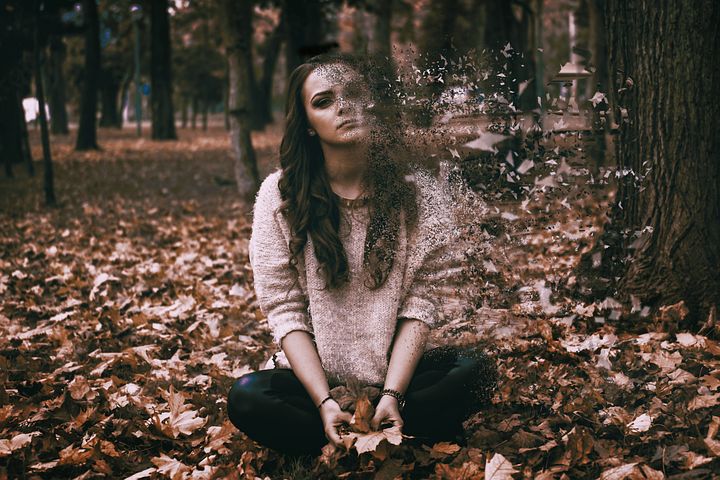
I didn’t communicate with my family unless I had to, I didn’t reach out to friends or attempt to make new ones, and I dropped out of college completely.
Realizing the Symptoms
While I’d like to say that I realized the symptoms of PTSD and was able to find treatment for it, I can’t. To do that, I would need to have been able to reach out for help and know where to turn for it.
Friends and family knew I was struggling but couldn’t get close enough to know how or why. It was only when my safety-bubble burst that I found help.

Had I not had the support of my family as well as access to a very good mental health system close to where I lived at the time, I may not have survived through the bubble burst.
Due to the mental health crisis of having to admit my past, both to myself and my family, even more PTSD symptoms began to show.
While I was already suffering from panic attacks, severe depression, and negative coping actions like self-harm, I now felt the hypervigilance that many of those with PTSD experience.
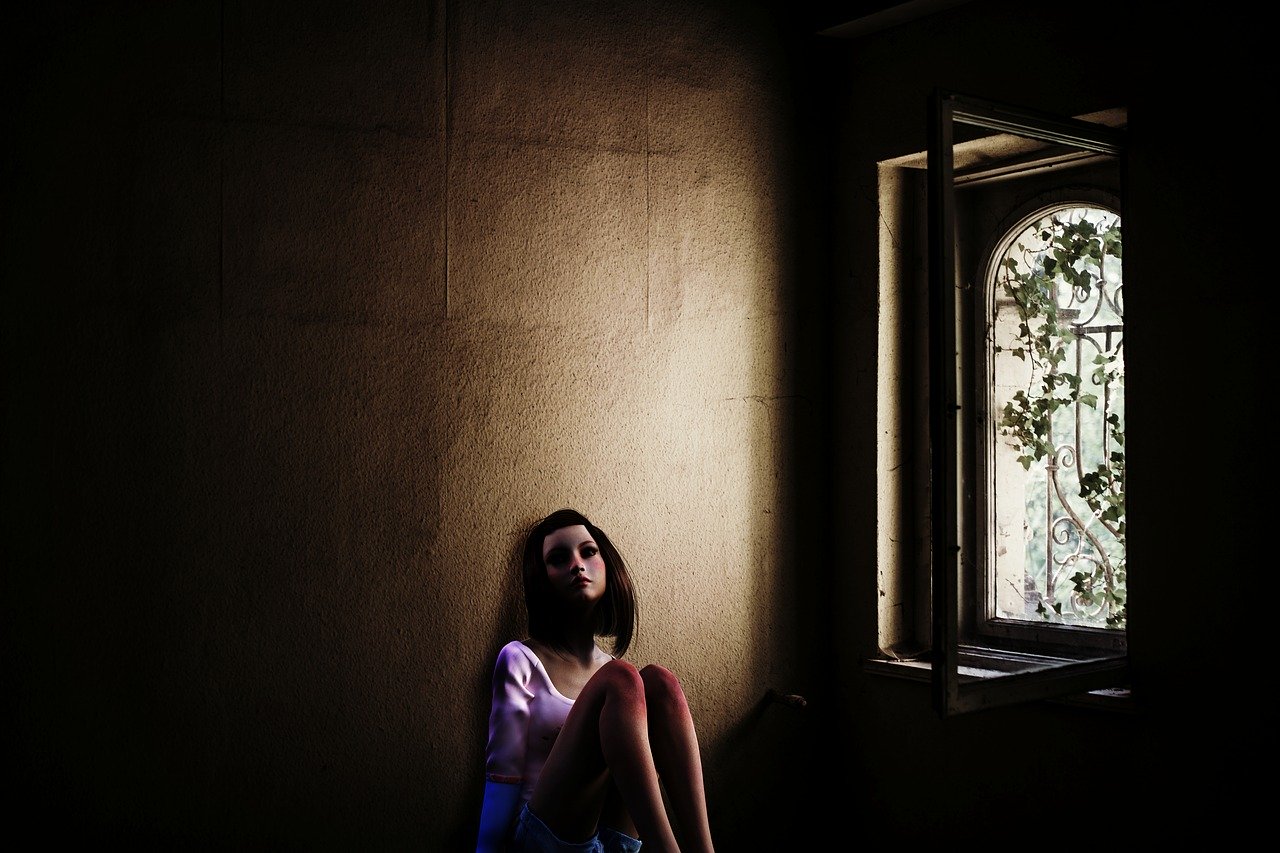
This hypervigilance is what causes those with PTSD to sit facing a doorway or window so that no one can come up behind them and startle when there are loud, unexpected noises like a door slamming shut or something being dropped.
Other symptoms I was experiencing included unexplained agitation that could turn into violent outbursts at any time and directed at any person as well as flashbacks to many particularly unpleasant times during the 10 years I had experienced the abuse.
While I was able to instantly recall events of my past that were best forgotten, my memory of recent events was horrible. I had to use to-do lists on the refrigerator and post-its on the bathroom mirror to remember the most important things.
Path Toward Recovery
The first step toward recovery was to admit that I needed help coping with what had happened. There’s no “getting over it” or “letting it go” but only learning to accept what happened and to cope with the symptoms.

Starting this recovery would be nearly impossible without proper mental health intervention, and I needed it quickly. I decided to admit myself to a psychiatric hospital. A decision like this isn’t easy to make but I knew my life depended on it.
This stay picked me up out of a hole I was in that was only getting deeper and put me back at surface level, albeit on still shaky ground. Step after step on this new path became easier and the ground beneath me became more solid.
These steps included finding a psychiatrist to help me manage the proper medications as well as a therapist that specialized in helping those with childhood related PTSD.
Along this path, there were a few setbacks. I felt I was ready to take on a full-time job only to find out it left me a wreck and I only ended up working for a few months.
Walking any difficult path will require encountering and overcoming hurdles. I came up to my fair share of them but with each one you overcome, the more confident you are when approaching the next.

Eventually, the college degree I had to give up on became a reality and I was able to walk across the stage in 2014 to be handed a BA in English. I was also able to start working from home as a freelancer while I was studying for my degree and that has turned into a career with a (mostly) steady income.
While I’ve experienced one failed marriage due to the mental health difficulties and the strain it placed on our relationship, I’m now happy and secure in a relationship in which both of us are aware of the struggles I still face on this path toward recovery and are willing to face these struggles head-on.
Today is a Triumph
I still experience PTSD symptoms. From time to time I will have a flashback to an unhappy time, but it’s become much easier for me to push those images and emotions aside. Instead, I can focus more on the blessings of today and not the tragedies of the past.
I also still suffer from anxiety that is usually well controlled with continued therapy, mindful meditation, and daily journaling. And yes, also medication. It will take some time for the hypervigilance to subside, so I don’t startle so easy, but it’s already much better than it was.

These days, every morning I wake up I’m thankful for another chance to enjoy a life I’ve created after living a life that I was unable to enjoy for many years. I see each day, now, as an opportunity to learn more about myself, to express myself, and to love the person I’ve become.
After all, the person I’ve become is a pretty strong one, if I do say so myself. After all, each day is a triumph when you’ve experienced trauma. And today is a triumph.
If you or someone you know have thoughts of self-harm, and please get help by contacting your local mental health center, the Suicide Prevention Hotline Phone 24/7: 1-800-273-TALK, or call 911.
.

